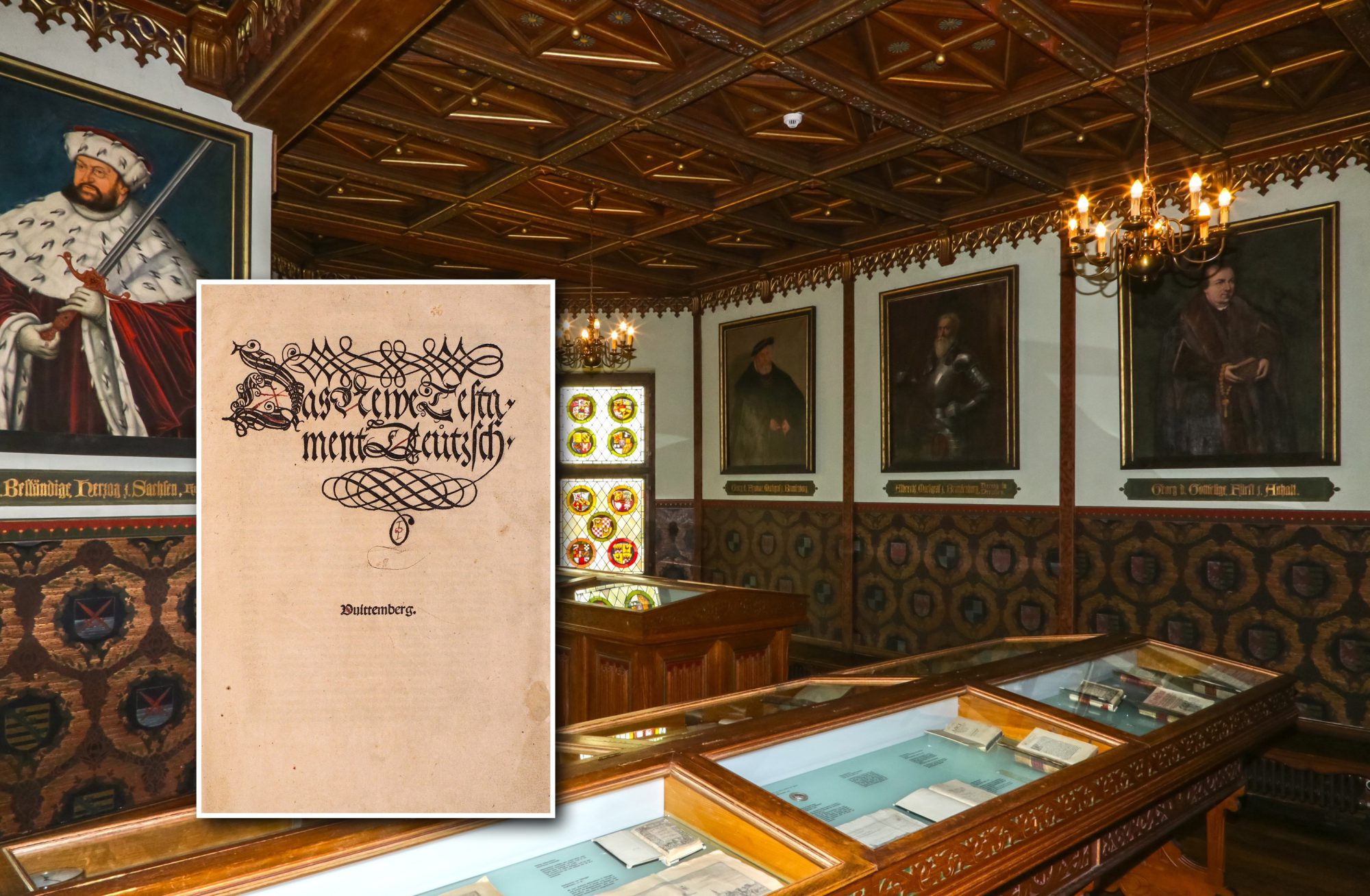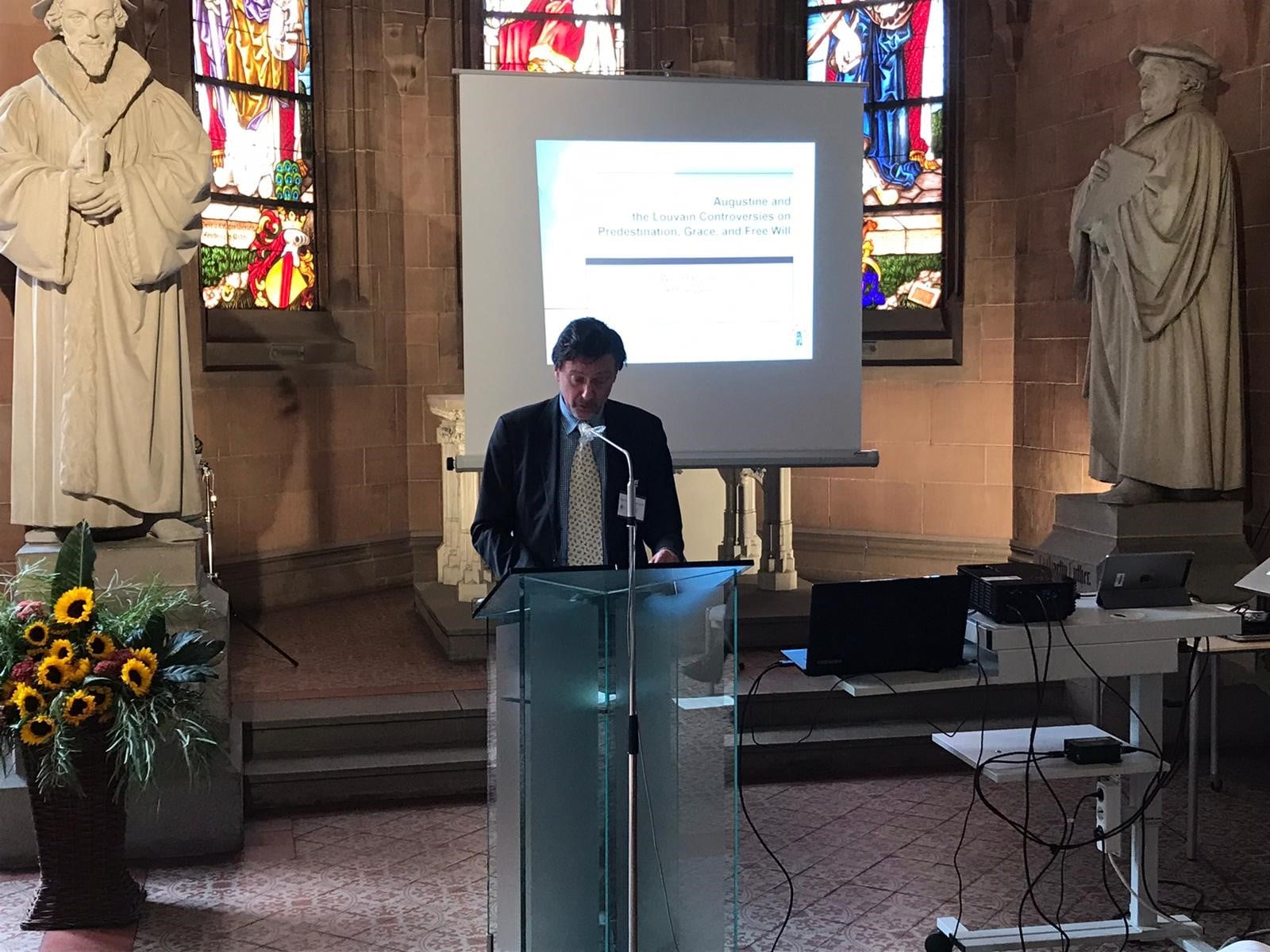18 September 2022: Kick-off of the lecture series for the exhibition “500 Years of the September Testament in the Melanchthonhaus Bretten” with Prof. Dr. Wim François, KU Leuven – in English.

Biblical humanists strove to make the Scriptures the basis of a renewal of theology and the life of faith. Using the biblical languages Greek and Hebrew, they aimed at emending the Latin text of the Vulgate in order to come as close as possible to the genuine Word of God. Well-known results of this endeavour are Erasmus’ Latin-Greek Novum Instrumentum (1516ff), Francisco Ximenes de Cisneros’ Complutensian Polyglot (1514-1517/1521), as well as Lefèvre d’Étaples’ text editions and Bible commentaries, amongst others. Various biblical humanists also stimulated laypeople to read the Scriptures. Whereas Lefèvre d’Étaples ventured to translate the Scriptures into French, Erasmus did not produce such vernacular versions, but his Novum Testamentum served as a basis for translations in various European languages. Biblical humanism and its main achievements in both ‘text-critical’ editions and vernacular translations are the subject of this lecture.
The exhibition booklet (EUR 3,00) is available.

Sunday, September 18, 2022, 5 p.m., Karlsruhe
Roncalliforum Educational Center, Stephanssaal, Ständehausstraße 4, Germany
Free admission, registration is requested via Europäische Melanchthon-Akademie, Claudia Martin, phone +49 (0)7252 / 9441 12 / email.